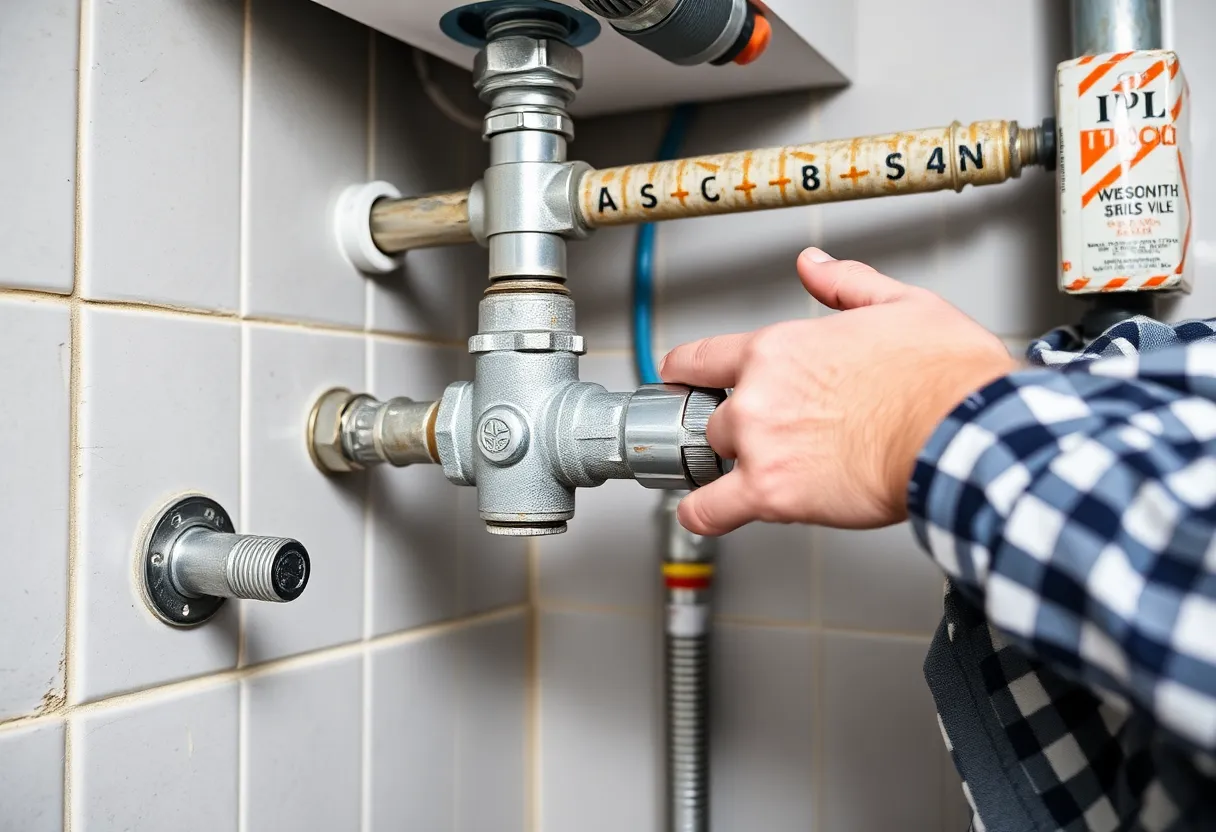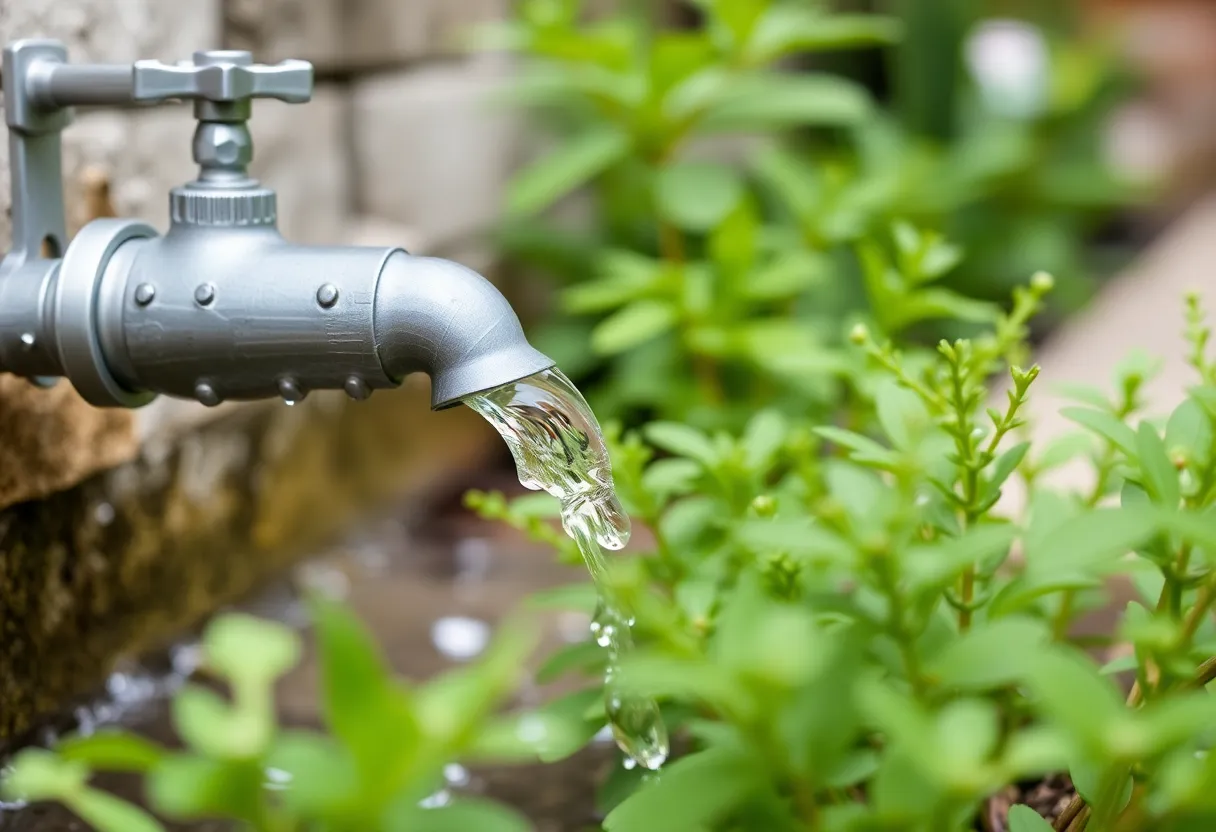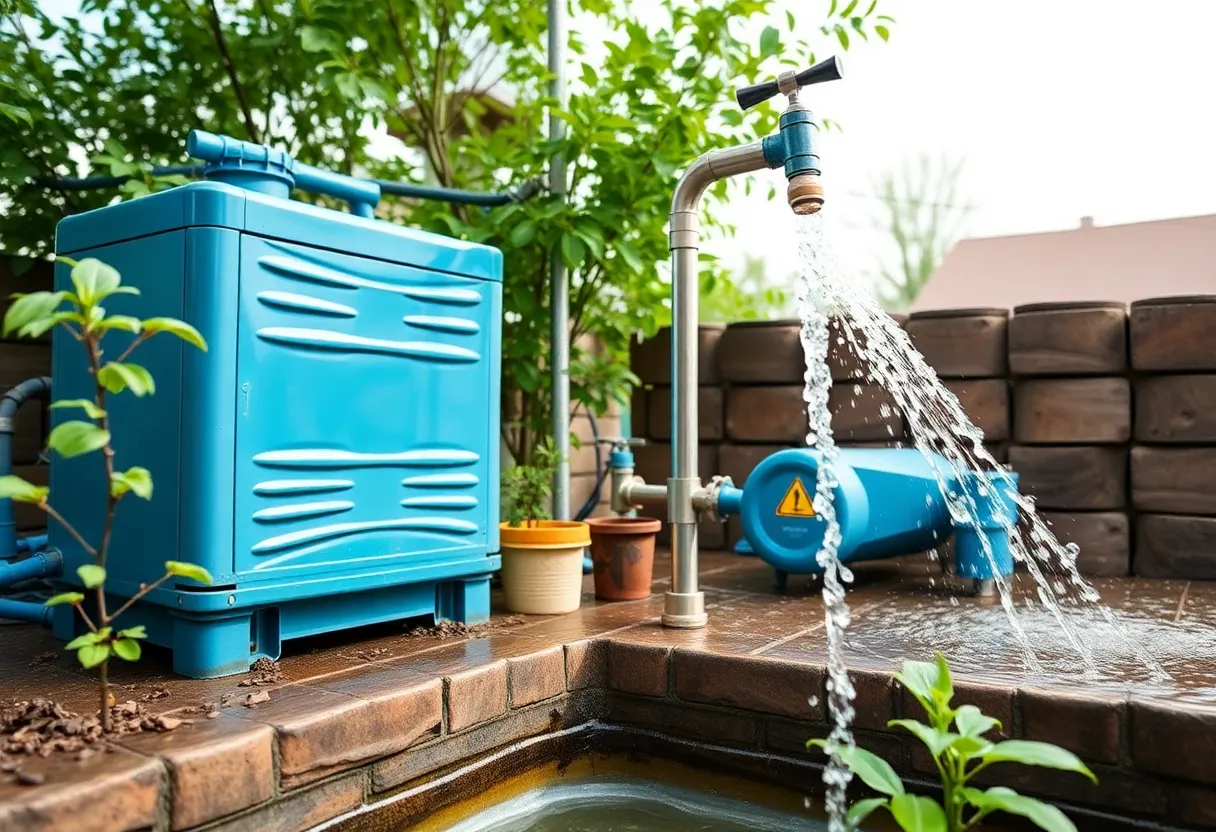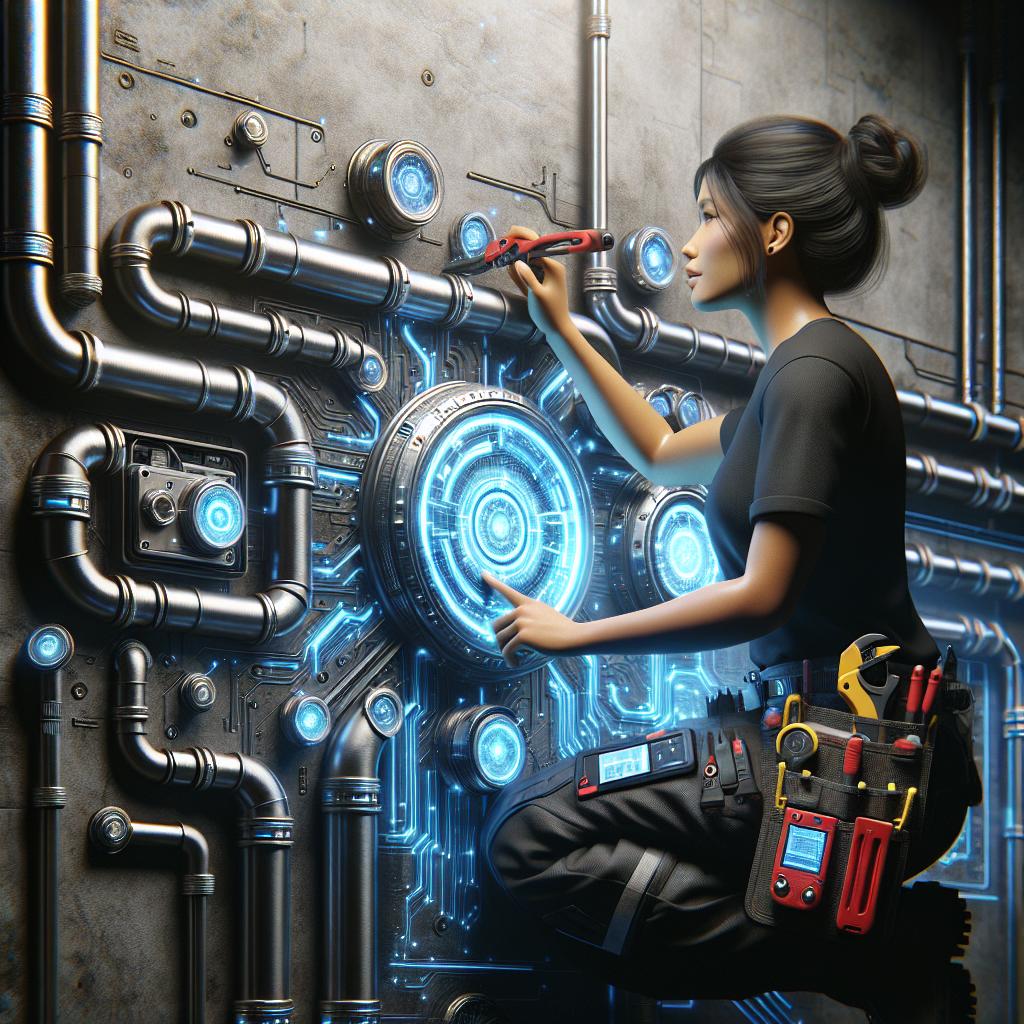The Water Woes: 7 Essential Signs Your Plumbing Needs a Professional Evaluation
Maintaining a functional plumbing system is crucial for the comfort and hygiene of any home or business. Yet, many property owners often overlook the subtleties of their plumbing until it snowballs into a major issue. Recognizing the early warning signs is vital before a minor problem escalates into a significant inconvenience, or worse, a financial burden. In this article, we will explore seven critical signals that indicate your plumbing may require a professional evaluation.
1. Unpleasant Odors Emanating from Drains
Have you ever walked into a room and been hit by an unpleasant sewer gas odor? These odors typically arise when there is a backup in your plumbing system. They could signify:
- A blocked drain: Food particles, hair, and other debris may accumulate, causing clogs.
- Improper venting: Plumbing systems rely on venting for proper drainage. A malfunction can lead to trapped gas.
- Broken sewer pipes: A serious issue that can lead to leaks and further damage.
If you notice persistent foul smells, it’s essential to consult a plumbing expert immediately. Ignoring these odors can lead to severe health risks and costly repairs.
2. Recurring Clogs in Multiple Areas
If you’re experiencing frequent clogs, particularly in different fixtures around your home, this is a strong indication that your plumbing system needs professional attention. Consider the following:
Identifying the Source
Localized clogs, such as in one sink or toilet, may suggest a minor blockage. However, if you notice:
- Clogs occurring in the kitchen and bathroom sinks.
- Toilet backups.
- Bathtub or shower drains becoming slow.
This could imply a more significant issue lurking in your main sewer line. A professional plumber can use specialized tools, like inspection cameras, to detect the root cause of these recurring issues.
3. Unexplained Increases in Water Bills
Have your water bills taken a surprising jump without any addition to your household size or changes in your usage? This surge could be a result of:
Looking for Hidden Leaks
Increased water usage often indicates hidden leaks, which might not always be visible. Check for signs of leakage in:
- Basement or crawl spaces.
- Under sinks and toilets.
Even minor leaks can lead to significant issues over time, such as mold growth or structural damage, if left unaddressed.
4. Low Water Pressure
Is your shower less invigorating than an ice cube? Low water pressure can be both annoying and concerning. Possible causes include:
Evaluating the Problem
- Partially closed valves: Make sure all shut-off valves are fully open.
- Cracked or corroded pipes: Deterioration can impede water flow.
- Clogged fixtures: Mineral buildup in faucets or showerheads can affect pressure.
Consulting a plumbing professional can help identify the exact cause and restore your plumbing to its optimal state.
5. Water Stains on Ceilings or Walls
Water stains are often an indication of leaks hidden within your walls or ceilings. Common causes of these stains include:
- Leaking pipes: A leak could be originating from a pipe behind the wall.
- Faulty roofing or gutters: Water can infiltrate your home from outside sources.
If you start noticing these stains, don’t wait. Investigating the source early can save you a considerable amount of money and avoid potential structural damage.
6. Increased Presence of Mold
While mold can grow for various reasons, if you notice a sudden increase in mold in your home, especially around plumbing fixtures, this could be a clear indication of a plumbing issue. Here’s why:
Mold Growth Causes
- Leaking pipes: Even a slow leak can create the ideal environment for mold.
- Humidity levels: High humidity levels from poor ventilation can worsen the situation.
If moisture levels are contributing to mold growth, a plumbing evaluation is crucial for correcting these issues and maintaining a safe, healthy living environment.
7. Noisy Pipes
If your pipes start to make strange noises, it’s a signal that you should pay attention. Common noises include:
- Bang: Loud banging noises (often referred to as water hammer) typically occur when the flow of water is abruptly shut off.
- Hissing: This may indicate a leak or that a valve is partially closed.
- Gurgling: If you hear gurgling sounds in your toilets or drains, it may point to venting issues or clogs.
Addressing noisy pipes early can prevent further damage to your plumbing system, which can be costly and disruptive.
Conclusion
Being proactive in recognizing the signs that your plumbing requires professional evaluation is key to maintaining a functional plumbing system and avoiding costly repairs. From unpleasant odors to mold growth and noisy pipes, each of these signals represents an opportunity for timely intervention.
Always remember, when in doubt, it’s best to consult a qualified plumbing professional who can provide a thorough inspection and suggest necessary repairs or upgrades. Maintaining a healthy plumbing system ensures that your home remains a safe, comfortable haven for you and your family.










